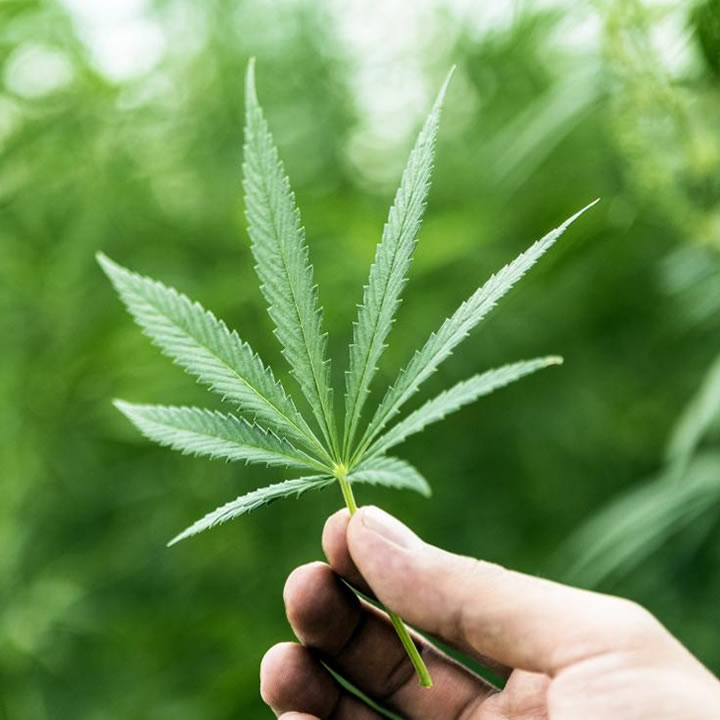Marijuana is a plant that offers a wide range of recreational and medical advantages, depending on its use. The green, brown, or gray plant contains tetrahydrocannabinol (THC) and Cannabidiol (CBD) as the main active ingredients. These ingredients offer different effects based on their concentration.
Over the years, marijuana has been strictly frowned upon by many countries, including the United States. However, in recent years, more states in the US are beginning to embrace the plant for its medicinal and recreational use.
Legalizing marijuana, cannabis, or weed has also impacted several other sectors, including the alcohol industry. What do we know about marijuana legalization and how it is affecting alcohol consumption? Find out in this article by The Artist Tree Dispensary.
How Does Marijuana Work?
Marijuana contains two major active ingredients, THC and CBD. THC is known for its psychoactive properties. The highest concentration of THCs is found in dried marijuana flowers that have been cured. These female flowers or buds are sold at marijuana dispensaries and consumed in different ways, including smoking and ingesting.
Smoking or ingesting marijuana flowers offers psychoactive benefits as the THC is carried in the bloodstream to specific receptors in the body. The overall effect is experienced in a euphoric feeling that is often known as weed high.
Depending on the strain of marijuana consumed, users may enjoy better sleep, feel head or body high, and enjoy higher brain activity and enhanced sensory functions. Marijuana intake isn’t without its side effects, including anxiety, paranoia, dry mouth, panic attack, or increased appetite.
The effect of cannabis intake is perhaps stronger because the brain is rich in cannabinoid receptors. Areas of the brain like the cerebellum, hippocampus, cerebral cortex, and basal ganglia are rich in cannabinoid receptors.
These areas of the brain influence activities like time perception, coordination, pleasure, sensory functions, memory, and concentration. Cannabis and its effect on the brain or body are directly associated with the THC content. The higher the THC content, the higher the high.
How Marijuana Legalization Has Affected Its Use
In the United States, a total of 33 states have legalized marijuana for medical use. 11 of those states have also decriminalized marijuana for recreational use for persons aged 21 and above. The recent legalization has changed the way consumers behave toward marijuana and their response to alcohol intake.
Two studies conducted on consumers’ response to marijuana and alcohol gave insights into consumers’ evolving habits as they embrace the now-legal plant material. The Addiction study is the first research that looks into the effects of the recreational legalization of marijuana or weed in multiple states.
The widespread research had as many as 850,000 students who volunteered information about cannabis use twice annually as part of the National College Health Assessment (NCHA) survey. The data obtained from the research detailed the marijuana-use activity of college students between the ages of 18 and 26 across the seven states wherein marijuana was legalized and 41 states where it wasn’t.
Between 2008 and 2018, the survey cut across 135 colleges in states where marijuana was legalized and 454 colleges in states where marijuana was not. The data revealed that more students tended to use marijuana as legalization increased. 18% of the students also revealed that they were more likely to have used marijuana within 30 days in states where the drug was illegal.
17% of students in states where cannabis had been legalized revealed that they were more likely to be repeat users, while 20% or more had used cannabis in at least 30 days.
The research, which spanned over a long time, also revealed a growing trend in marijuana use. 46% of students in states where marijuana had been legalized were more likely to have used the substance compared to states without legalization.
In a separate study, 32% of respondents noted that marijuana should be used for medical purposes only, while 8%t believe in the illegality of the plant. This puts the number of marijuana supporters at 60%, according to the study.
The Effect Of Marijuana Legalization On Alcohol
The same data mentioned above was used to measure the effect of increasing cannabis intake on other substances. The research revealed that the increasing use of cannabis affected the use of other substances that were common among college students.
The NCHA study required students to report on other activities like binge drinking, nicotine use, misuse of prescription stimulants, opioids, sedatives, and illegal drugs. The result of the study showed a significant reduction in two substances, alcohol, and sedative abuse.

